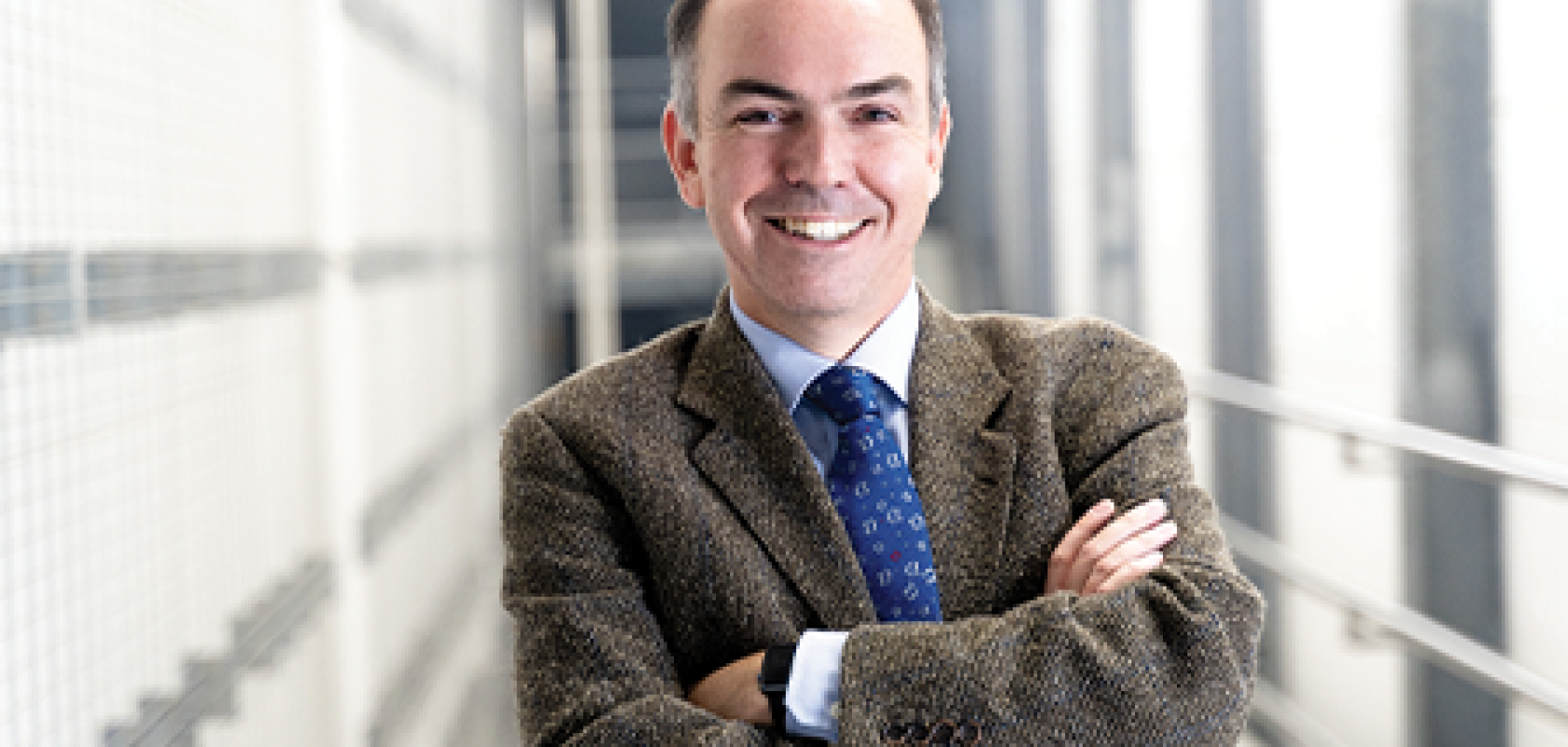As with many HPC centre directors, Professor Dieter Kranzlmüller of Leibniz Supercomputing Centre (LRZ) ensures his HPC resources are set up to support the wider science community
Can you tell me about your background and qualifications?
I’d describe myself as a 100 per cent computer scientist by heart and by my training, but with strong interests in interdisciplinarity to other scientific domains. I’ve got a fair amount of experience in the IT industry, which proves very valuable for my management role at LRZ.
I am chairman of the board of directors at the Leibniz Supercomputing Centre (LRZ), and a full professor of computer science at the Ludwig-Maximilians- Universität Munich (LMU). I studied computer science at Johannes Kepler University in Linz, Austria, which is where I obtained my PhD and habilitation. In addition, I spent times at the universities of Reading (UK), TU Dresden (Germany) and École Normale Supérieure Lyon (France). I also served as deputy director of the EGEE project at CERN in Geneva (Switzerland) before joining LRZ and LMU Munich in 2008.
How does your ‘HPC centre/research centre/lab’ use computing for research?
The three centres that comprise the Gauss Centre for Supercomputing (GCS) focus on leading-edge, high-performance computing capabilities – that is, how can we best support and enable HPC capabilities for science at the front line?
The users of our HPC resources are always at the centre of our strategy. Hence, GCS is not only about providing the ‘bare metal’ – we have built up an extensive support and education programme over the years, and recently established a mentoring programme across all three sites.
Our computational X/or support teams are usually made up of computer scientists and domain scientists to understand and support researchers’ requirements as best as we can. Each GCS centre has different characteristics and caters to the needs of different domain sciences. At LRZ in particular we do not only offer HPC resources, but also a holistic approach as a partner for digitalisation in science.
Can you outline the type(s) of projects undertaken at your facility: how do researchers access computing resources?
Access to computing resources is through a peer-review process within GCS. Proposals by scientists have to be solid both in terms of the computer science aspect and the domain science work to be carried out. Excellent research then gets access to the most suitable of the various GCS-systems; at LRZ, we focus for example on environmental science and energy efficiency.
How do requirements vary between your different users?
The set-up of GCS with its three complementary centres ensures the broad science community can be supported. As such, we see many different requirements from our diverse communities.
As an example, we have HPC experts, optimising their codes for the bare iron, but also ‘clickers’, who want to work on our systems through GUIs and web portals. At LRZ, we have astrophysicists, who work on the largest simulations of our galaxy, or geophysicists researching tsunamis and earthquakes, through to biomedical scientists, who work within the cells of our body.
What are the computing trends you see happening in your area of research?
It is expected that future systems will be much more heterogeneous. The GCS approach, with three different systems, proves useful, as we will see different systems with different characteristics. Our current SuperMUC-NG is a pure X86-based system, but with Phase 2 (coming later this year), we will be introducing GPU accelerators.
For the upcoming generation – an exascale system – we are evaluating different technologies, among them quantum accelerators.
What are the main computing challenges you face in your research?
For exascale, it’s the supply of electricity! Also, the slow down or end of Moore‘s law requires new approaches to accelerate computing: in the short term, GPUs; in the mid-term, AI acceleration; and in the long term, quantum; and ideally a combination of all approaches, always dependent on what suits best the respective applications.
How could you further increase the speed or efficiency of your research in the future?
Time to science is always critical to us. Currently, we’re working on the integration of the technologies above. To achieve this, a team effort is required and we need to make sure our people are engaged and that new and innovative ideas are introduced.
Finally, do you have any fascinating hobbies, facts or pastimes you’d like to tell us about?
As an Austrian, I’m a passionate skier. I love running and listening to the latest tech podcasts, or riding my motorbike through the mountains of my home country.
Interview by Tim Gillett


